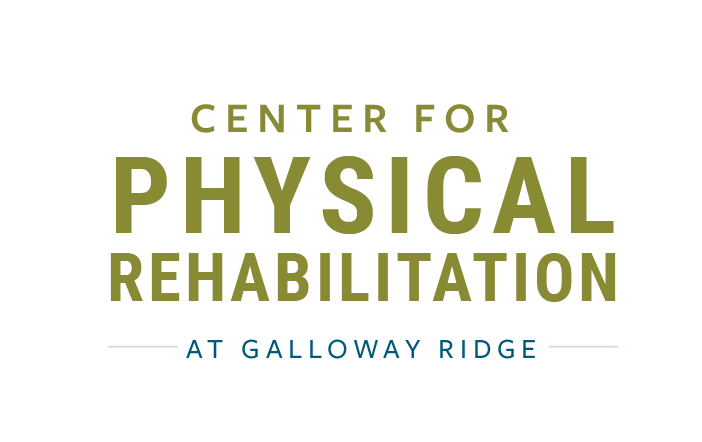Communication is a central aspect of human interaction. It influences everything from personal relationships to professional success. While it is commonly associated with children, speech therapy is equally important and beneficial for adults who may experience challenges with speech and language due to injury, illness, or developmental issues.
What is Speech Therapy?
Speech therapy involves speech-language pathologists who work with people of all ages to address various issues related to speech production, language comprehension, voice quality, fluency, and communication skills.
The goals of speech therapy for adults vary depending on individual needs. Common goals include improving communication abilities, enhancing swallowing function, and supporting overall quality of life through tailored treatments, exercises, and strategies.
Why Adults May Need Speech Therapy
There are a variety of reasons why adults may need speech therapy. Here are five of the most common reasons why adults seek out speech therapy:
1. Recovery from Medical Conditions
For adults recovering from medical conditions such as strokes, traumatic brain injuries, or neurological disorders like Parkinson’s disease, speech therapy can be a valuable tool. Post-stroke recovery often necessitates speech therapy to regain language and communication skills impaired by stroke-related brain damage. Similarly, traumatic brain injuries can disrupt speech and language abilities, requiring therapy to encourage recovery and improve communication. Progressive neurological disorders like Parkinson’s disease can lead to changes in speech and voice quality due to muscle rigidity and vocal control issues, which speech therapy addresses through targeted exercises and strategies.
2. Speech Disorders
Some adults may have speech disorders such as stuttering, difficulty coordinating the movements needed for speech, or weakness or paralysis of the speech muscles. Speech therapy refines pronunciation and speech to improve articulation issues that stem from these speech disorders.
3. Voice Disorders
Adults may experience voice disorders characterized by hoarseness, loss of voice, or vocal strain. These struggles and other disorders, such as vocal nodules or polyps, may affect an individual’s ability to produce clear and healthy vocal sounds. As a result, therapy becomes a necessity to restore vocal function.
4. Swallowing Disorders
Dysphagia, or difficulty swallowing, can occur due to various medical conditions or aging. Speech therapists can provide exercises and strategies to improve swallowing function.
5. Social Communication Disorders
Adults with social communication disorders such as autism spectrum disorders may benefit from therapy to improve social interaction skills and communication in various social contexts.
Benefits of Speech Therapy
Speech therapy has many benefits because it positively influences a wide range of communication challenges. Whether someone is recovering from a stroke, managing a neurological condition like Parkinson’s disease, or seeking to improve articulation and voice quality, speech therapy offers valuable tools to enhance communication skills.
Beyond restoring speech abilities, speech therapy fosters confidence in social interactions, supports career advancement by refining professional communication, and promotes overall well-being by empowering individuals to express themselves effectively.
Types of Speech Therapy
Speech therapy encompasses many different treatments tailored to address specific communication challenges and disorders. Whatever your challenges may be, there is likely a speech therapy treatment that will benefit you.
Articulation Therapy
Articulation therapy focuses on improving the clarity and accuracy of speech sounds. It helps individuals pronounce sounds correctly by focusing on specific speech sounds they struggle with.
Language Intervention
Language intervention addresses difficulties with understanding and using language. This therapy improves vocabulary, sentence structure, grammar, and comprehension skills.
Cognitive-Communication Therapy
Cognitive-communication therapy focuses on assisting individuals who struggle with difficulties resulting from cognitive impairments, such as those caused by traumatic brain injury or neurological conditions like dementia. This therapy focuses on improving attention, memory, problem-solving, and communication strategies.
Voice Therapy
Voice therapy targets voice disorders such as hoarseness, pitch problems, or vocal fatigue. Therapy may include exercises to improve vocal quality, resonance, and vocal hygiene practices.
Swallowing Therapy
Swallowing therapy helps individuals who have difficulty swallowing safely and effectively. Techniques may include exercises to strengthen swallowing muscles or strategies to improve coordination during swallowing.
Augmentative and Alternative Communication (AAC)
Augmentative and alternative communication therapy utilizes tools and strategies such as communication boards and speech-generating devices. These devices facilitate communication for individuals with severe speech or language impairments.
Finding a Speech Therapist
Choosing the right speech therapist is essential, and there are crucial factors you should consider to ensure that you receive the treatment and support you need.
First, verify the speech therapist’s credentials and experience by ensuring they are licensed or certified. Experience and credentials in treating conditions such as post-stroke recovery, traumatic brain injury, or progressive neurological disorders like Parkinson’s disease indicate familiarity with the complexities of these conditions.
Additionally, consider the therapist’s specialization in areas such as voice disorders, speech sound disorders, swallowing difficulties, or cognitive-communication disorders, depending on your specific needs. A therapist who offers personalized therapy plans tailored to your goals and abilities can provide you with more targeted and effective therapy.
Lastly, seek recommendations from healthcare providers, friends, or support groups. Set aside time to meet with different speech therapists to gauge compatibility, communication style, and the therapist’s approach to treatment.
By selecting a speech therapist with proper credentials, experience, and specialization, you will embark on a therapeutic journey that will meet your unique communication needs.
Your Journey to Improved Speech and Self-Assurance Begins Now
If you or someone you know could benefit from speech therapy, do not hesitate to contact our experienced speech therapists at the Center for Physical Rehabilitation at Galloway Ridge.
Give us a call at (919) 545-2633!

